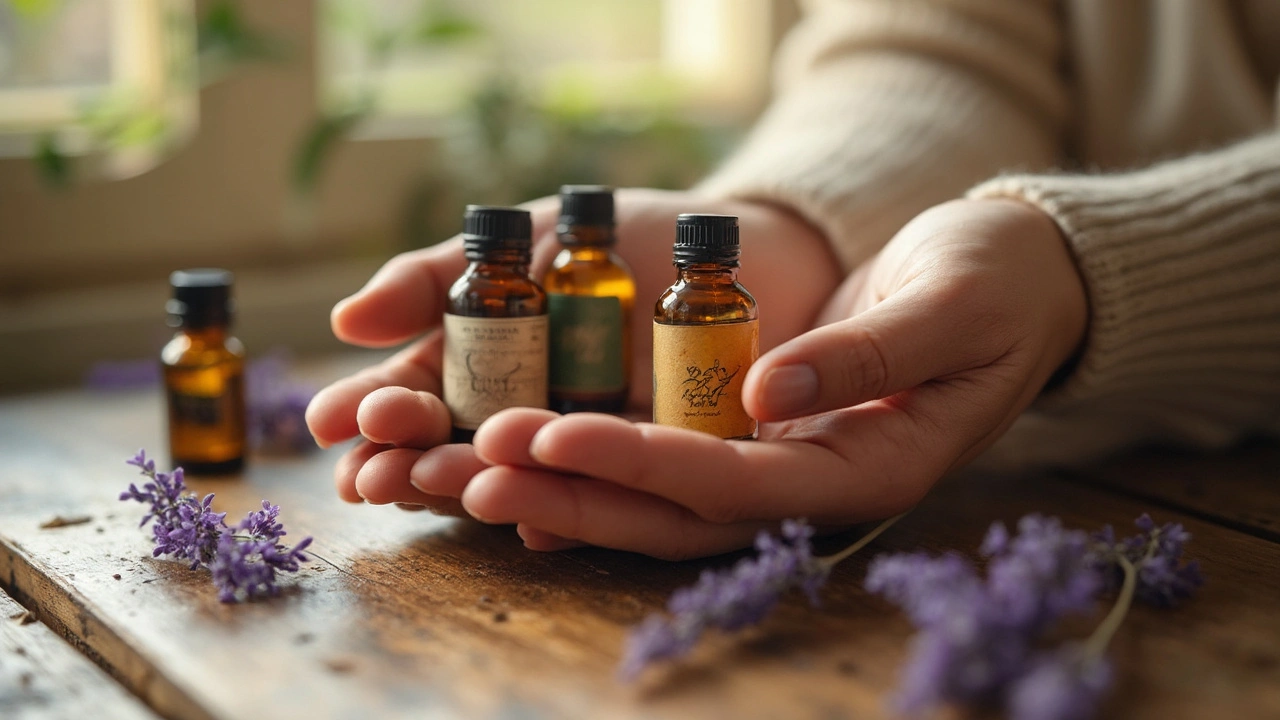Chapped Skin: Fast Relief, Prevention & Best Treatments
Chapped skin hurts and looks rough. Whether it’s your lips, hands, or cheeks, the fix often starts with rebuilding the skin’s barrier and stopping moisture loss. Below are clear, no-nonsense steps you can use today to calm burning, reduce flaking, and speed healing.
Quick fixes that work
Clean gently. Swap harsh soaps for a mild, fragrance-free cleanser and lukewarm water. Hot water strips oils and makes chapping worse.
Lock in moisture. After washing, pat skin dry and apply an occlusive like petrolatum or a thick ceramide cream right away. These products seal water into skin so it can repair itself.
Use humectants and emollients. Look for moisturizers with glycerin, hyaluronic acid, urea, or lactic acid to draw in water, plus ingredients like shea or squalane to smooth texture.
Protect lips separately. For chapped lips, choose a waxy balm or ointment with petrolatum. Avoid flavored or medicated balms that can sting and cause licking.
Try a short steroid for severe redness. A mild 1% hydrocortisone cream used once daily for a few days can calm inflamed, chapped patches on the body. Don’t use it on broken or infected skin without medical advice.
Prevention and long-term care
Adjust your routine for weather. In cold, dry months, use a thicker moisturizer and add a humidifier indoors. In summer, avoid long hot showers and reapply moisturizers after swimming or handwashing.
Limit irritants. Fragrances, alcohol-based hand sanitizers, and exfoliating scrubs can make chapping worse. If your work or hobbies involve water or chemicals, wear gloves—cotton under vinyl or nitrile works well.
Simple habits help. Drink plain water, but know that hydration alone won’t fix chapped skin if the barrier is damaged. Dress in soft fabrics and avoid wool directly on irritated areas.
When to see a doctor. If chapped skin develops open cracks, bleeding, spreading redness, yellow crust, pus, or a fever, get medical care. These signs suggest infection. Also see a clinician if your chapping is persistent despite daily moisturizing—conditions like eczema, contact dermatitis, or thyroid issues may be involved.
Product picks that actually help. Pick a fragrance-free ceramide cream for daily use, petrolatum ointment for overnight repair, and a lip ointment high in petrolatum or beeswax. For very rough areas, a urea or lactic acid cream can gently soften thick skin—start low strength and use sparingly.
Small changes add up. Switch to gentler cleansers, use an occlusive after every wash, protect skin from harsh weather, and stop habits like licking lips. Do those and your skin will heal faster and stay comfortable longer.

The Benefits of Essential Oils for Chapped Skin
Discover how essential oils can be a game-changer for chapped skin. Get insights into the best oils to use, how they work, and tips on application for maximum relief. Learn the science behind these natural wonders and how they nourish and heal damaged skin. If you're tired of dry, cracked patches, these oils might be just what you need.
